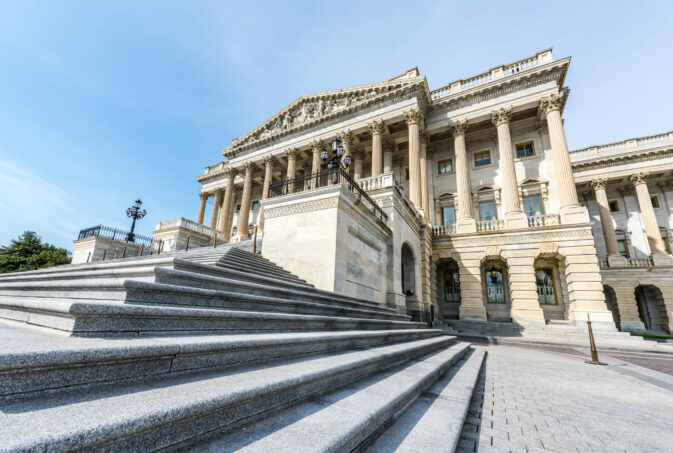Congressional Democrats are out of touch with America’s small businesses

The Bureau of Labor Statistics recently announced that the Producer Price Index, which measures business wholesale costs, rose by 10 percent over the past year. This dramatic input inflation is quickly becoming a crisis for American small businesses operating on narrow profit margins. Unfortunately, a Congressional hearing last week about the health of small businesses revealed that congressional Democrats are totally out of touch with this pressing concern.
Dina Rubio, the owner of Don Ramon restaurant in West Palm Beach, Fla., testified before the House Committee on the Economy about the inflation hurdles her small business is facing. She explained how, in her restaurant’s experience, prices are rising even faster than government reports suggest. For example, a box of limes that she used to buy for $30 now costs $90. Wholesale steak prices have risen from around $7 to $12 per pound.
To remain profitable, Rubio has been forced to raise menu prices, alienating some loyal customers on fixed incomes who don’t understand her predicament. She also had to take some items off the menu because they are no longer profitable to sell. She has needed to make product substitutions, such as making mojitos with lemons instead of limes, even if the taste is not as good. Entrepreneurs nationwide are being forced to come up with similar creative solutions to the skyrocketing cost of goods.
Making matters worse, the highest consumer inflation in 40 years, including record-high gasoline prices, is making customers poorer. When prices are rising faster than wages, and it costs $75 for a tank of gas, people are less likely to make discretionary purchases such as eating out. Small businesses are disproportionately impacted by inflation because they lack the economies of scale and preferential purchasing agreements of their bigger competitors.
Rubio told the committee that policymakers deserve some blame for this painful inflation because of the trillions of dollars in government spending, their opposition to domestic energy production, and social welfare policies that have paid people to stay out of the workforce. She asked the government to do less — not more — to free American small businesses to increase the supply of goods and services and bring inflation under control.
Unfortunately, the committee chair, Rep. Jim Himes (D-Conn.), didn’t appear receptive to this message. He indicated that he was “disappointed” that Rubio brought up this real-world problem, noting that he’d prefer to stick to supposed “structural” racial equity barriers facing entrepreneurs. Despite inflation being by far the biggest problem facing American small businesses, committee member Rep. Alexandra Ocasio-Cortez (D-N.Y.) made no mention of it in her remarks.
Himes demonstrated his apparent economic ignorance by blaming rising inflation on business owners and suppliers voluntarily raising their prices. In fact, small businesses generally hate to raise prices because it means they’ll likely attract fewer customers, and they do it only when they are forced to cover their margins. The Republican committee members clarified that inflation is not the fault of businesses, but a result of too much money chasing too few goods and services.
Himes implied that Rubio was hypocritical for opposing inflationary government spending because she received a Paycheck Protection Program loan during the COVID-19 crisis. This is not a fair comparison. The PPP was a lifeline for small businesses that governments forced to be closed during the depths of the pandemic. The money went straight to maintaining payroll. Subsequent spending, including last year’s unneeded $1.9 trillion American Rescue Plan, was reckless and unnecessary.
This hearing confirms American small business owners’ worst fears that Democratic policymakers inside the Washington beltway don’t understand just how painful inflation is in the real world. They seem to forget that not everyone receives the automatic annual cost-of-living salary adjustments given to members of Congress.
The first step in fixing this inflation problem is for Congress to recognize that its policies are at the root of it. Getting the government out of the way and allowing the free enterprise system to work can strengthen and expand the American small business economy and bring the country back to its pre-pandemic peak.
Alfredo Ortiz is president and CEO of Job Creators Network.





